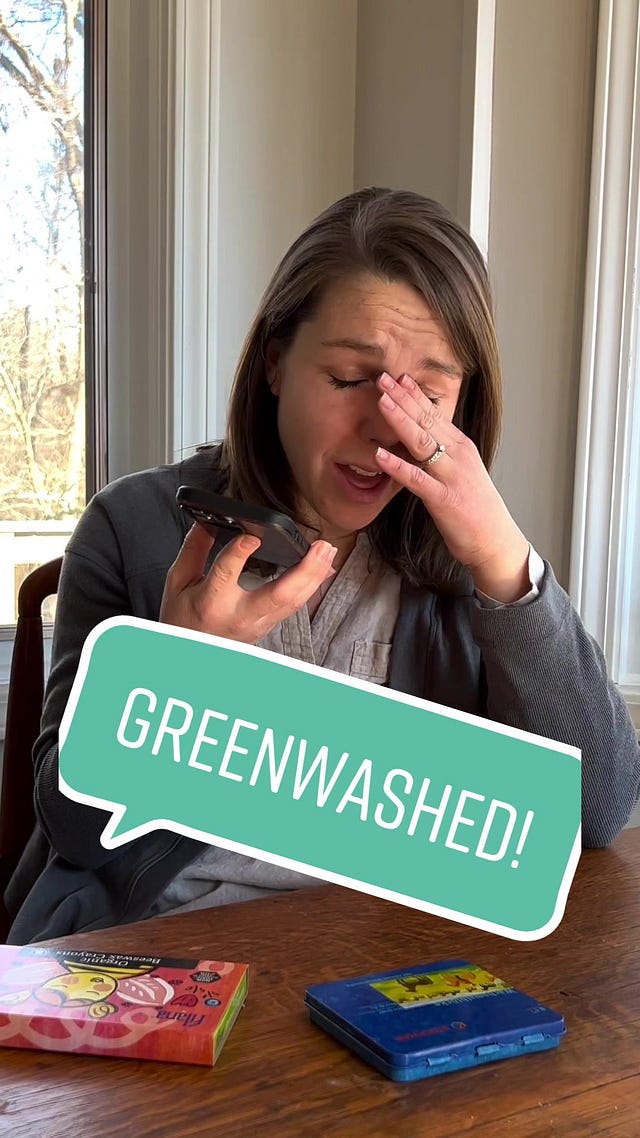Hypersincerity
"and the truth comes back in trend" - bladee
I had a friend ask me if Twitter user Nick Adams (@NickAdamsinUSA) was serious, or if he was a parody account. And it’s a slightly more complicated question than yes or no.
Nick Adams tweets are a constant stream of his “alpha male” world. Loving Hooters and Kid Rock, hating Fortnite and Rihanna. His subject matter is basic post-Trump conservative worldview, culture war embroiled reactionary hating M&Ms going woke or whatever else is the problem of the day, but he’s a remarkably successful Twitter poster because of the form of his tweets. He understands how to latch on to viral concepts, how to structure his culture war tweets like jokes. He loves the kitschy tasteless American leftovers of the 2000s, his recent fixations being Hooters and Kid Rock, things that are easy to mock and get quotetweeted for. He says these extreme things because he knows he’s going to get mocked, but knowing that with extremity comes engagement, from both people who agree with him and people who disagree with him. A quotetweet is still a retweet.
To prove the obvious, Nick is definitely making himself a character. I don’t think there’s a way to read this tweet as anything other than a joke:
This tweet is simple irony, a character giving advice that they are failing to live up to as they say it. But Nick himself is the character. And in the rest of his tweets, he’s the character too, saying things he somewhat really believes, in an abrasive form.
I don’t really think anyone ever says things they truly don’t mean, even with the concept of “irony”. Saying things you don’t believe is really hard, which is why no one wants to be a salesperson. But the irony in Nick Adams tweets is different than “irony levels” of 2015 chapotwitter. I don’t think irony ever really existed in multiple levels there, but irony was being deployed to obscure meaning. In Nick Adams tweets irony is deployed to amplify meaning. Nick Adams tweets are hyperbolic sincerity, saying what he sincerely means in the most extreme form possible. Hypersincerity.
People making a mockery of themselves for attention is nothing new. But what’s interesting is the way that the internet shifted the rewards for making a mockery of yourself. When it comes to advertising, any sort of engagement is good. People who hate you, people who love you while not understanding you’re making fun of them, people who are confused by you, all of it is attention, all of it is good. On TikTok, many creators use the hyperbolic sincerity model to both mock and affirm a character which they also use to sell products.
A TikTok user that I’ve been following for a long time that I think represents hypersincerity very well is @ReallyVeryCrunchy. On a strict once-per-day upload schedule, she posts content about “crunchy moms”, a common internet phrase for hippie moms. Crunchy moms don’t give their kids baths, feed them weird foods, are very concerned with health. In the world of @ReallyVeryCrunchy, crunchy moms are very concerned with appearing “crunchy”. Her character will performatively avoid plastics so she doesn’t look bad in front of the other moms in her “crunchy mom Facebook group”, will be at a picnic and make her kids wash their hands in a puddle to avoid wasting water. She’s silly and abrasive about “crunchy culture”. Sometimes, she talks in structurally similar ways to Nick Adams tweets: “if you’re wondering whether you’re crunchy or not, if you hear a TV in the background of your house, you are not”, she says in one video.
Alongside the character skits is genuine deep knowledge of the culture she’s making a character. The way she talks about the “crunchy” food, books, homeschooling, would not be possible if she didn’t believe some of it, and she owns way too many “crunchy” items for it to all be a bit for followers. In her earlier videos, she’d often get comments like “please tell me this is satire” and she’d only respond with emojis, refusing to elaborate in either direction, because that would shatter the illusion for one side of her audience or other, the people who liked her for the crunchy advice or the people who liked her for mocking the crunchy culture.
@ReallyVeryCrunchy has been going for a long time, and has accumulated a huge audience, 792K followers at time of typing. As I alluded before, she uses the platform for ads. Ocassionally, you’ll see a “crunchy” product with its logo facing out, or a fancy tent company tagged in her video about camping. She maintains a consistent upload schedule, all based on the character of the “crunchy mom”. Advertisers know they have a pretty simple template they can work with and a guaranteed audience averaging 100k views per video. One of the earliest videos left on her channel is an ad for crunchy mom approved wax crayons. She lists out the harmful substances in a competitor’s product, and then ends the video with more mockery of the culture, as her mom character attempts to compete with another mom to be the “most crunchy”.
What’s funny is that I don’t think this video literally was an ad. A viewer in the comments said “this feels like an ad” and @ReallyVeryCrunchy responded “that would be nice”. She had to make videos that looked like ads to prove that she could make ads.
At surface level it is strange to be selling a “crunchy product” in a place where its culture is being mocked. But that’s what hypersincerity is good for. I don’t have her TikTok analytics, but I’d bet a good chunk of her viewers are “crunchy moms”. Or people who want to be, since art is always aspirational. The regular viewers, who know something about crunchy culture and relate to it, aren’t offended by the character, they know it’s not them, it’s a silly version of themselves that they can laugh at sometimes and agree with its hyperbole other times. The less regular viewers, who don’t really get the details of the culture she’s being hypersincere about, stumble across the content in algorithmic passing. They’ll disagree with it, because it’s being more-than-true about something they already are dispositioned to dislike. But their disagreement is just further algorithmic amplification, sending the content to its desired audience that will watch the videos. And maybe a few of them will buy the products.
Advertisement money is one way that the internet has shifted the rewards towards hypersincerity. But Advertisement is just monetized attention, and attention on its own has value. Many, many people are hypersincere for attention. TikTok as an app is built on that. Nothing can survive the For You page unless it’s more than true. On TikTok, you can see amplified versions of the anxieties of young moms, amplified versions of the thoughts of Miami models, amplified versions of the sadness of teens in their bedrooms. Maybe not all of their posts are amplified hypersincerity like what @ReallyVeryCrunchy and Nick Adams do, but the posts that make it far often are. They’re getting nothing out of it, besides that feeling when you open your phone and see how many people related with what you said, and what you meant, but not as much as you said it.








The simulacrum is never that which conceals the truth—it is the truth which conceals that there is none. The simulacrum is true..
No more pressure to pretend